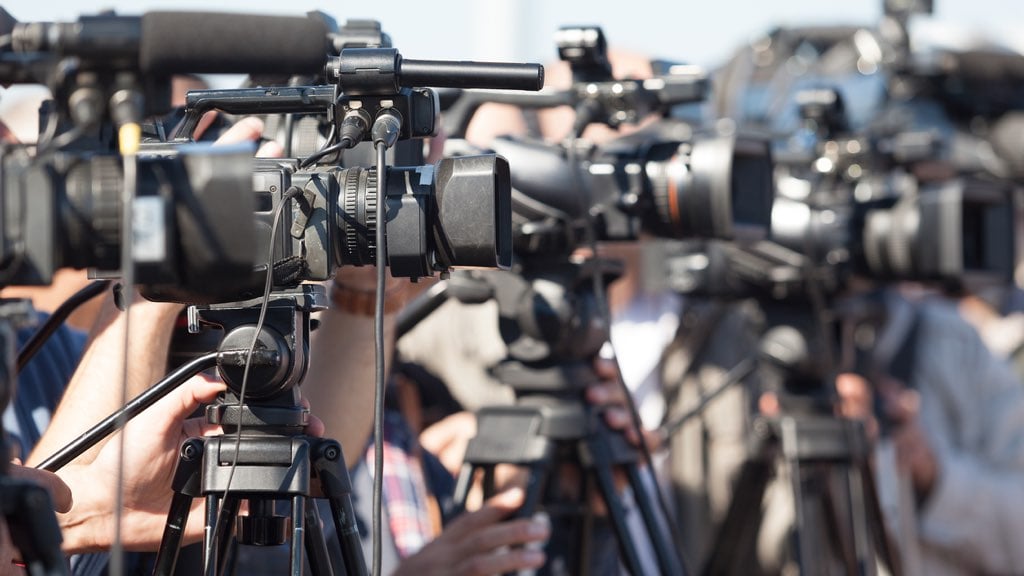Media reporting, my chosen trade, was supposedly a lot more fun back in the 1990s and early aughts. Big media companies like Condé Nast and Hearst were on top of the world, and editors like Anna Wintour and Tina Brown were covered like rock stars. Margins were high, and expensive lunches and car services were expensed with nary an eyebrow raised. Times were good!
Things are a lot different today. Now, many once-great media companies are struggling to stay relevant and financially healthy. The editors who once seemed larger than life are increasingly preoccupied with re-organization and strategic cutting. Stories about the magazine industry, for example, find smaller and smaller audiences, as the form feels less culturally important than it once was.
But, the election of Donald Trump changed everything and gave media reporting a new-found sense of relevance and importance. President Trump is, quite clearly, obsessed with the media industry, and has made media criticism a regular part of his public speeches.
Because “the media” has become shorthand for “political media” during the Trump administration, Washington, DC, has ostensibly replaced New York as the media capital of the country. Pre-Trump and post-crash, the world of media reporting was far more concerned with the new companies popping up to challenge old timers. Keeping track of promotions, demotions, and editorial realignments at media companies was, for many, including myself, a full-time job. But these stories rarely signal anything significant about the future direction of the companies or the industry. To be honest, they’re mainly written for the people affected.
There is far more interest now in Sean Spicer‘s press briefings than there is in the latest VC-funded digital media company expansion or new website vertical launch. That’s a good thing, because there’s seemingly a lot more at stake. But that doesn’t mean that the business of media isn’t an important topic to be covered, going forward. In some ways, it’s become even more important.
The general consensus is that a strong and healthy press corps is absolutely essential to covering the Trump administration. That group needs to be large and experienced, but also well-compensated. While new platforms and social media tools have made reporting easier, investigative, accountability, and public service journalism is still expensive, and cannot be easily automated.
But the media can’t play this essential role when companies are constantly trimming their ranks and shifting more work to a smaller group of journalists.
While stories about “Trump bumps” in subscriptions have been a reason for optimism across the industry, there’s no evidence that his presidency will provide a sustainable source of new revenue for the majority of media companies (cable TV companies potentially excluded). Also, this post-Trump surge is generally benefitting only the top tier of media companies (the Washington Post, the New York Times, etc.), lending additional credence to the idea that consolidation in the lower tiers of media is coming.
Going forward, media executives have the responsibility to make smarter decisions about how they spend company money, and what they invest in. With the nation transfixed by our political process, good journalism is more valuable than good content right now.
Readers also have a role to play. In addition to subscribing to news organizations, they must understand the role that tech companies like Facebook, Google, and Snap play in our larger media ecosystem, and why publishers are so desperate to get a larger piece of the digital advertising revenue pie.
The media business is complicated–many journalists don’t even understand how their own employer makes money. But, these days, if you don’t think the financial health of the media industry is a matter of national concern and national security, you’re wrong.
















